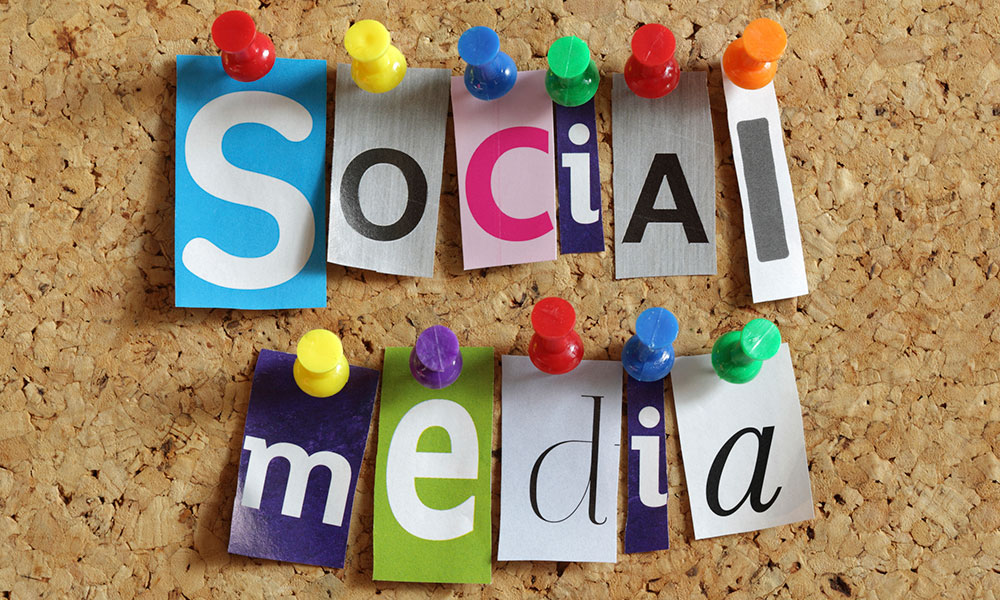
Social Media: The Hospitality Industry’s Missed Opportunity
Even though up to half of sales for 13 percent of U.K.-based restaurants, hotels, and travel operators are generated through social media, the majority of the industry still questions its potential. What are the implications?
If more than 10 percent of your competitors were generating up to half of their business using a specific tool, you’d consider using that tool as well, right? Well, according to new research released last week by global financial services provider Barclays, that’s not the case.
Barclays asked 126 hospitality and leisure operators in the United Kingdom about their social media presence and the opportunity it presents them to engage current and potential customers. Respondents did show clear benefits coming from these channels: Twenty-nine percent attributed up to 25 percent of all of their sales to social media, and 13 percent said that these platforms generate up to half of their sales. Additionally, 68 percent of those currently using social media report that they have had a “positive” or “very positive” experience, whether that’s attracting new customers or receiving recommendations.
More than one-in-10 operators do not currently use social media, and they don’t have any plans to do so.
Yet despite all that praise for social media, more than 60 percent of the sector, which includes hotels, pubs, restaurants, and travel and leisure operators, say that they only see “some” or “limited” opportunity in using social media tools to engage consumers. In addition, more than one-in-10 operators do not currently use social media, and they don’t have any plans to do so. Even the 44 percent of respondents who do have a presence on Facebook and Twitter say they say they rarely update or use the tools. And this is in a country where it’s estimated that over half of consumers own a smartphone and one in five have access to a tablet device. You’d think these stats would be even more reason for the hospitality industry to get on board. What gives?
“The industry is missing a trick. Social media has blurred the line between personal and corporate communities—something that has been encouraged by consumers who now expect to be able to interact in an immediate and very personal way, not just with friends, but with their favorite—and not so favored—brands,” said Barclays’ Head of Hospitality and Leisure Mike Saul in a press release. “[Social media] can create a very powerful feedback loop—if operators can successfully tap into these networks, both good and bad reviews can be used to their advantage.”
Social media does blur the line between personal and business, but it also blurs the lines between countries, meaning that customers and will likely expect the same social media experience whether at home or abroad. So while this study looked only at the United Kingdom, its implications could affect travelers worldwide.
Like Saul said, one of the main advantages to the hospitality industry’s active participation in social media is the ability to listen and respond quickly to current and potential customers. A quick reply to a complaint by a hotel or restaurant can turn an unhappy customer into a happy one, and thanking someone for a positive remark can make them even more loyal customer, who may then recommend that business to a friend or colleague.
Not using these tools can also make these businesses seem out of touch, particularly to younger generations who are accustomed to communicating online and receiving quick replies. A business wouldn’t want to lose a customer simply because they weren’t on Twitter or they last updated their Facebook page three months ago.
Want a few examples of hotels and restaurants doing social media well? Read this and also this.
And while respondents’ concerns about the amount of time social media takes to manage, the risks of negative publicity, and the technical skills required are valid, 58 percent did say social media’s role in the sector will increase in the next year, proving that a social media strategy needs to be top of mind—and that that 10-plus percent who don’t currently use social media and have no plans to start will start to fall behind their competitors.
How do you think the hospitality industry can use social media better? Or what positive experiences have you had with a hospitality provider listening and responding via social tools?
(iStockphoto/Thinkstock)






Comments